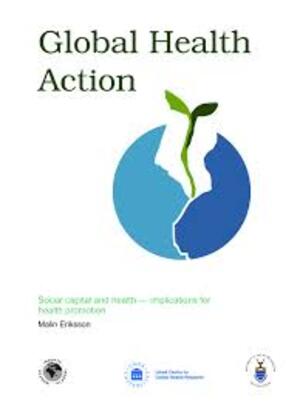
Determinants of animal disease and nontherapeutic antibiotic use on smallholder livestock farms
Abstract
Introduction: Reducing nontherapeutic antibiotic use (ABU) in livestock animals has been identified as an important way of curbing the growth of antimicrobial resistance (AMR). However, nontherapeutic ABU may be important for managing animal disease. In order to reduce nontherapeutic ABU, farmers may need to implement other complementary interventions to safeguard animal health and minimize risk. We should therefore investigate if nontherapeutic ABU is associated with better animal health outcomes before advocating to reduce it. We should also investigate non-antibiotic factors which protect animal health and can make nontherapeutic use less necessary, as well as factors which can encourage farmers to improve their antibiotic stewardship.
Methods: The study investigated these questions using data from the AMUSE survey, which is designed to evaluate knowledge, attitudes and practices relating to AMR in smallholder livestock farms. The sample included 320 animal herds from 216 smallholder livestock farms in Burkina Faso, with livestock species including poultry, small ruminants, and cattle. The determinants of the occurrence of animal disease and nontherapeutic ABU were investigated using binary logistic regression.
Results: Results revealed that nontherapeutic ABU was positively associated with animal disease, although the potential reverse causality of this relationship should be investigated further. Going primarily to a public veterinarian for animal health services, and having a higher level of formal education, were negatively associated with the occurrence of disease. Going primarily to a community animal health worker was positively associated with using antibiotics nontherapeutically, whereas going primarily to a public veterinarian was negatively associated with this outcome. Having an animal health professional (of any kind) provide diagnosis and treatment was positively associated with nontherapeutic antibiotic use for goats and sheep.
Discussion: These findings support the expansion of education access and public veterinary services as a way to encourage better antibiotic stewardship while guarding against any animal health risks associated with doing so. They also highlight that animal health professionals other than public veterinarians may prioritize animal health outcomes over antibiotic stewardship goals.
Citation
Emes, E., Kagambèga, A. and Dione, M. 2024. Determinants of animal disease and nontherapeutic antibiotic use on smallholder livestock farms. <i>Frontiers in Veterinary Science</i> 10: 1258214.










